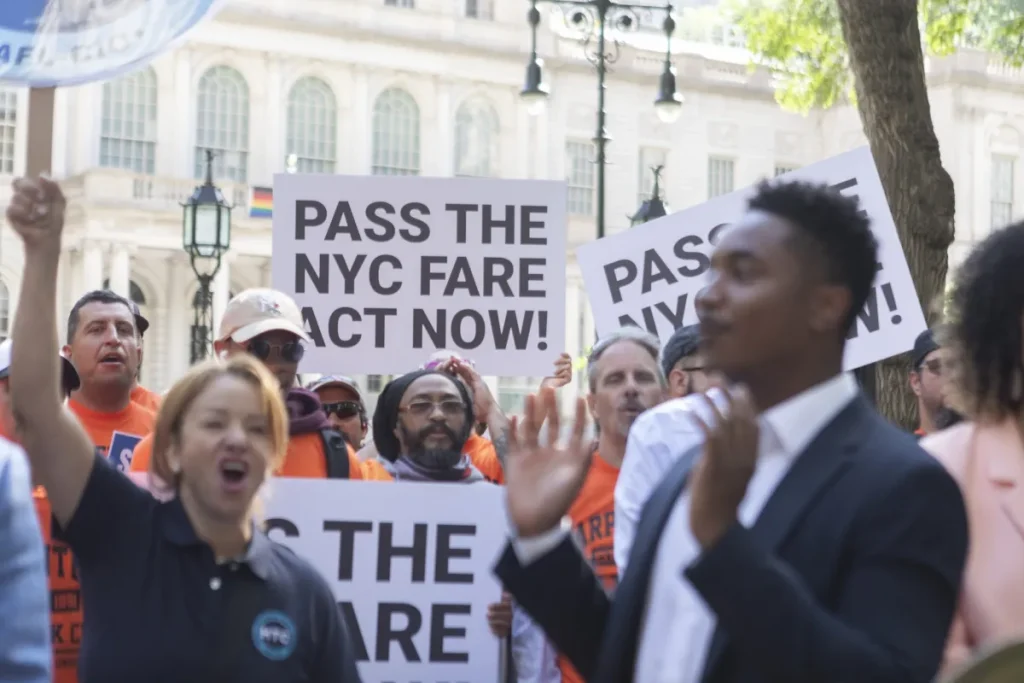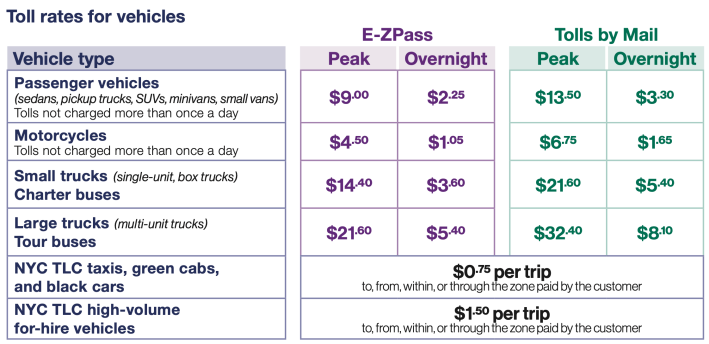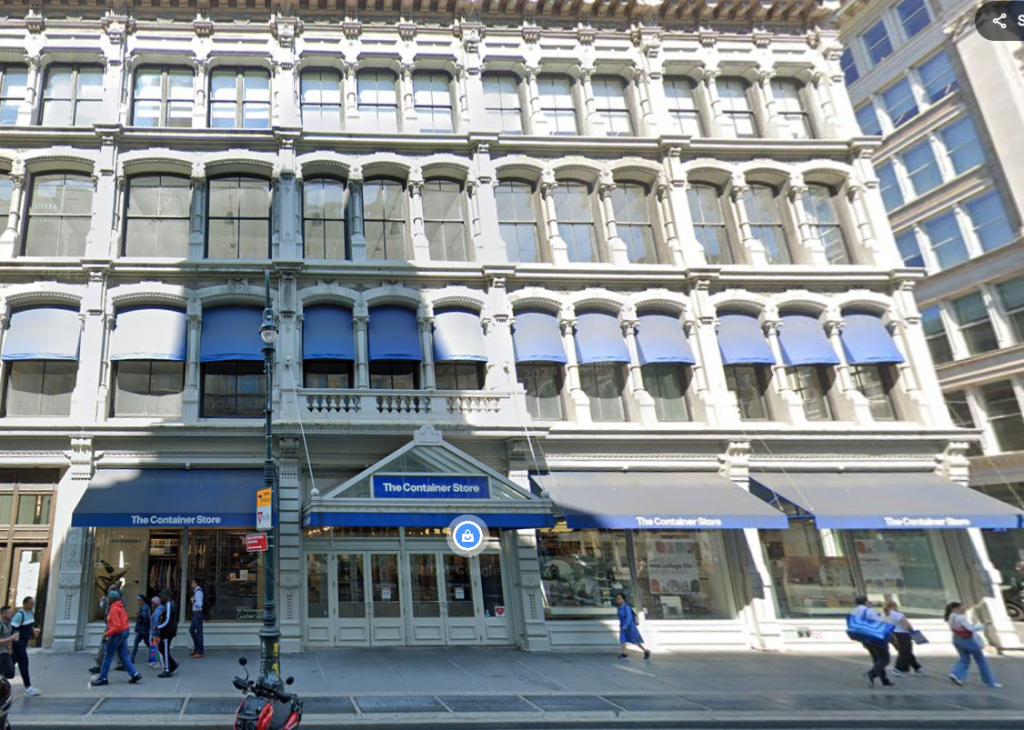By Manhattan Real Estate Tracker, June 13, 2025
The “Fairness in Apartment Rental Expenses Act” or the “FARE” Act has become law in New York City. This law, also known as “Local Law 119 of 2024”: (1) prohibits landlords from passing on to prospective tenants the fees of landlords’ hired agents (brokers); and (2) requires landlords to explicitly disclose all fees that tenants must pay to rent an apartment before tenants sign a rental agreement.
On June 11, 2025, the FARE ACT statute became operative. The legislation forbids listing agents and other agents employed by the landlord from charging fees to potential tenants. A landlord’s agent represents the landlord in the rental of an apartment. A listing agent publishes apartment listings with the landlord’s permission.
The law allows for landlords to charge a fee as per subdivision 1 of section 238-a of the Real Property Law which limits “the actual cost of the background check and credit check or twenty dollars, whichever is less, and the landlord, lessor, sub-lessor or grantor shall waive the fee or fees if the potential tenant provides a copy of a background check or credit check conducted within the past thirty days.”
A landlord can be liable for violations committed by the landlord’s agent or the listing agent if (1) the landlord’s agent charges a fee to a tenant to rent an apartment; and/or (2) the listing agent charges a fee to a tenant to rent an apartment.
The law prohibits landlords from requiring renters to rent an apartment through a certain agent. Additionally, the law forbids landlords from making tenants hire a dual agent, who serves as both the landlord’s and the tenant’s agent.
No one can condition the rental of an apartment on tenants hiring a broker, including a dual agent. The law prohibits requiring tenants to pay a broker to rent an apartment, even if the broker claims to be a tenant’s broker. The law allows a tenant to (1) choose to hire their own broker and pay broker fees; and (2) allows brokers to advertise their services to tenants.
With regard to advertising, the law regulates listings of rental apartments: (1) no one can include an unlawful broker fee; and (2) all fees that tenants must pay to rent an apartment must be disclosed in a clear manner. Landlords and their agents/brokers must give tenants a written disclosure of all fees they must pay to the landlord, or any person at the direction of the landlord, to rent an apartment. The fees must include a written description, and the tenant must sign the itemized disclosure before signing a lease. Landlords or their agents must keep the signed disclosure for three years and give a copy to the tenant.
Additional information on the FARE Act can be found at NYC.gov.



